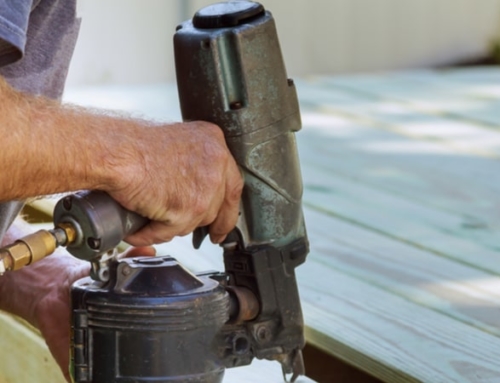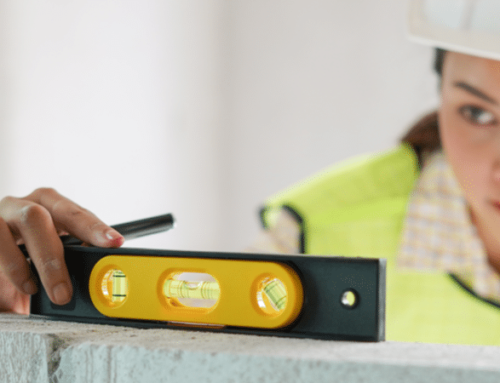Q: I am attempting to sell my parents home. They have been the only owners since it was built in 1973 and there has never been reason to have an inspection of the home.
I had a contract to sell the house and the buyer hired an inspector, only to discover a multitude of sins. The most critical problem had to do with the structural integrity of the home. The piers under the house are placed improperly and are not supporting load bearing walls.
The inspection found that there has been extreme settling in the house with unlevel floors, out of plumb doors, etc.
When the house was built, should there have been an inspection procedure either from the city or county? Would I have any recourse against them to collect for repairs? The builder has long since deceased. My mother is now a widow.
A: The short answer to your question is that the city or county may have conducted some inspections of the home when it was built, but a homeowner can’t rely on these inspections to give himself or herself any comfort that the home has actually been built correctly.
Municipal building inspectors can do a wonderful job making sure that things go smoothly in the construction of homes, however the time they spend at a site is so brief that they can’t find everything wrong with a house, even if the things are major items.
The home inspector who performed the recent inspection on your mom’s house may have spent two or three hours looking over the house. In 1973, and even today, a municipal building inspector may have a few hours to look at dozens of homes. If the building inspector sees something wrong, he will certainly cite the builder and force the builder to fix it. But for the things he misses, it’s “caveat emptor” buyer beware.
If the homeowner finds out that there is something seriously wrong with the house once he buys it, he can go after the builder to fix it. In your situation, even if the builder was still around, it’s unlikely that the builder would have any responsibility for the issue 33 years after the home was built.
Your best bet is to seek the help of a competent contractor and a structural engineer who can give you an estimate of what it would cost to correct these problems.
In some situations, homes can be lifted and to a limited degree they can be leveled. Additional support can be added to the home.
Some of these solutions may be expensive, but others might not be. You may find that some of the solutions may not be too expensive.
Once you know what the cost will be, you can make a better decision as to how to sell your mom’s home. Here’s something to consider: Now that you and your mom know of this problem, your mom may have to disclose it to potential buyers of the home under her state’s seller disclosure laws. In addition, disclosing this information may be necessary to avoid being sued by the buyer of the home. You don’t want to sell the home only to find out that the buyer is suing you for the problem.
Finally, disclosing this information and costs associated with fixing these issues will allow the buyer to bid on the home on the basis of this problem and factor it into the price they are willing to pay for the home.
If the price is good enough, you may decide to sell the home without making the repairs. However, please know that your mom will not get top dollar for her property unless these problems are addressed.
Sept. 10, 2006.






Leave A Comment